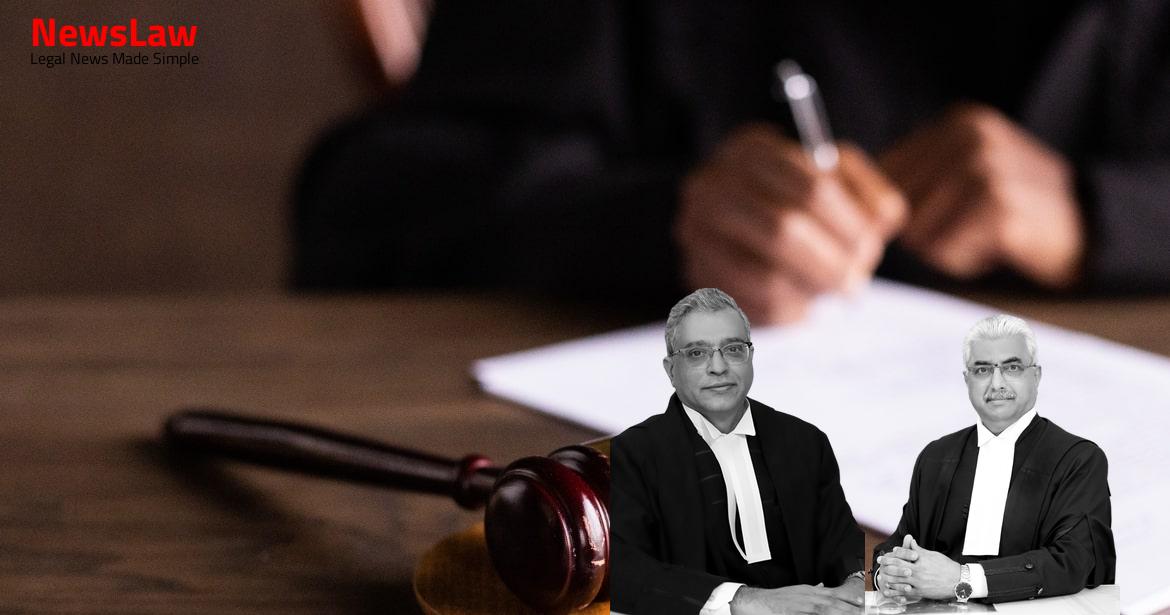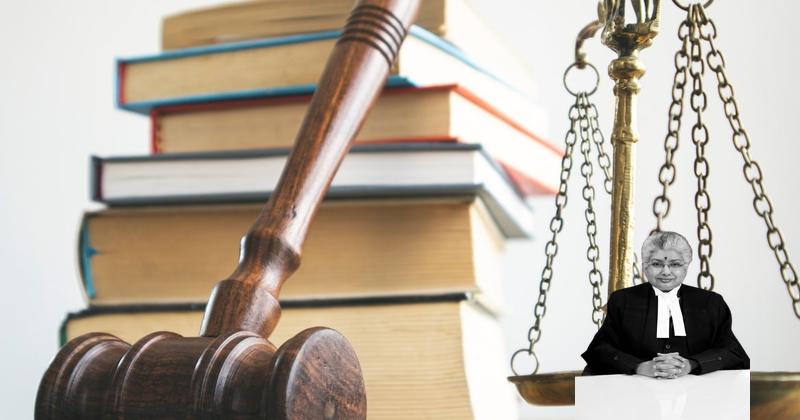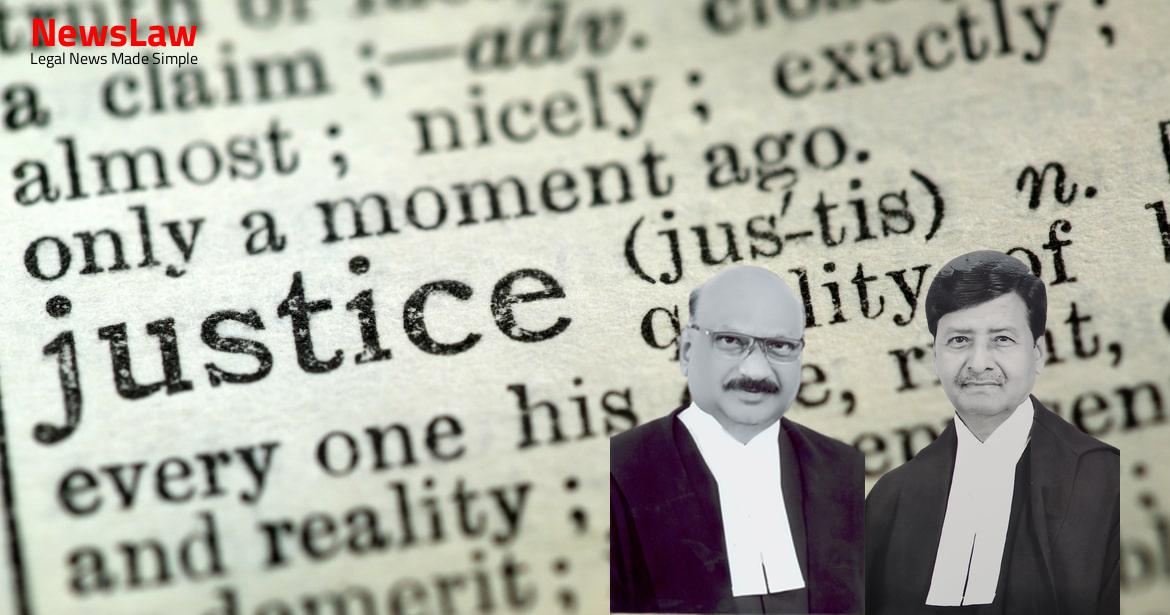The appellant, Aabid Khan, seeks enhancement of compensation awarded by the Motor Accidents Claims Tribunal in the case against the High Court of Madhya Pradesh at Indore. The focus is on determining the justified amount of compensation to be awarded to Aabid Khan, the injured victim of the accident that occurred on 23.04.2013. Stay tuned to know more about the revisions in income assessment and attendant charges for pain and suffering in this important legal case involving Aabid Khan v. Dinesh and Others.
Facts
- The tribunal did not consider the expert opinion provided by Dr. Alok Mehta, who examined the claimant and determined a 17% whole body disability.
- The tribunal instead calculated compensation based on a 10% whole body disability without providing a valid reason for the discrepancy.
- The court emphasized that the tribunal plays an active role in assessing just compensation in personal injury cases, and should closely examine medical evidence.
- The court referenced the importance of considering not only physical injury and treatment but also the pain, suffering, trauma, loss of earning, and impact on the victim’s quality of life when determining compensation for disabilities caused by accidents.
Also Read: Arvind Singh vs. College Romance: Obscenity in Web-series Case
Issue
- The challenge in this appeal is against the order dated 21.01.2019 passed by the High Court of Madhya Pradesh at Indore.
- The appellant seeks enhancement of compensation awarded by the Motor Accidents Claims Tribunal.
- The accident occurred on 23.04.2013, resulting in injuries and disability to the claimant.
- The insurance policy of the offending vehicle was in force at the time of the accident.
- The main issue for consideration is the entitlement of the claimant to an enhanced compensation amount.
- The undisputed facts include the occurrence of the accident, the injuries sustained, and the insurance policy coverage.
- The focus is on determining the justified amount of compensation to be awarded.
Also Read: Industrial Dispute: Workmen Rights Upheld Case
Analysis
- The victim was abruptly transitioned from the world of the able-bodied to the world of the disabled.
- This transition was described as discomfiting and unsettling.
- It is crucial to highlight this factor, as noted by Pappu Deo Yadav.
- Courts should be mindful when awarding compensation for serious injuries as they can permanently impose physical limitations and disabilities as well as deep mental and emotional scars on the victim.
- Living with a serious injury changes the victim’s world, making them an invalid with varying degrees of dependence on others, and robbing them of personal choice and autonomy.
- Judges should always consider the trauma and severe limitations inflicted by such injuries, as they undermine the dignity and right to life of the individual.
- The right to a wholesome life, which includes dignity and autonomy, is essential and should be considered when adjudicating compensation claims for serious injuries.
- The medical evidence presented by the claimant should have been accepted by the tribunal and the High Court.
- There was a serious error in not accepting the medical evidence, especially when there was no contrary evidence on record.
- The disability percentage should be considered as 17% rather than 10% as opined by the doctor (PW-5).
- The compensation for ‘loss of income’ due to permanent disability should be enhanced to reflect the true disability percentage of 17%.
Also Read: Jurisdiction and Legal Analysis in Contractual Matters
Decision
- The appellant’s monthly income of Rs.3,500/- was considered low, given his self-employment as a mechanic with over 30 years of experience.
- The appellant’s income is revised to Rs.6,500/- per month for the purpose of calculating compensation towards loss of future income.
- Enhanced compensation of Rs.92,820/- is awarded for the loss of future income based on the revised monthly income.
- A lump sum compensation of Rs.1,00,000/- is awarded for attendant charges, pain and suffering, and transportation, as the earlier award of Rs.9,000/- was deemed inadequate.
- The total compensation amount awarded by the High Court is substituted with a higher amount to adequately compensate the injured victim.
Case Title: AABID KHAN Vs. DINESH
Case Number: C.A. No.-004828-004828 / 2024



